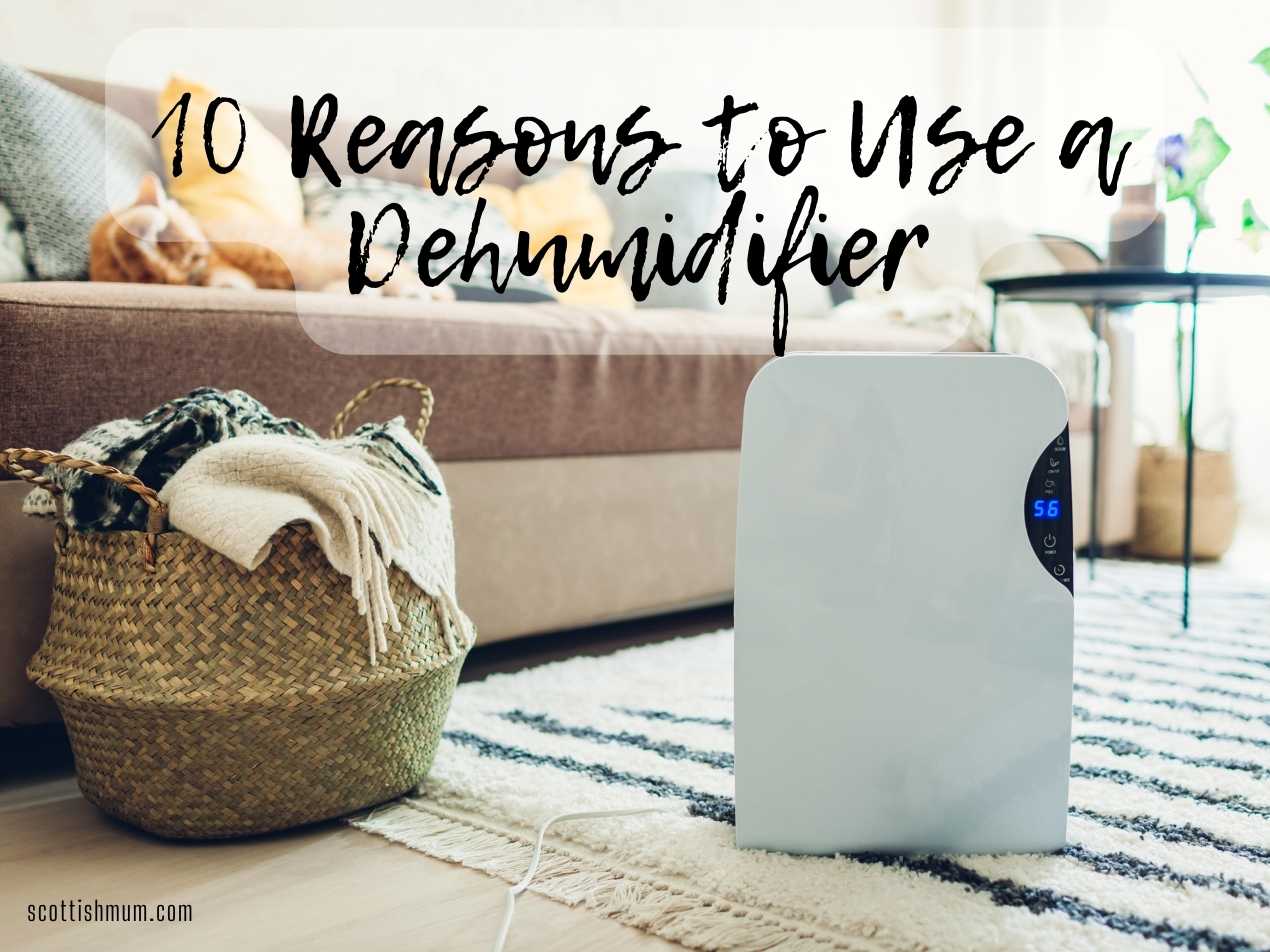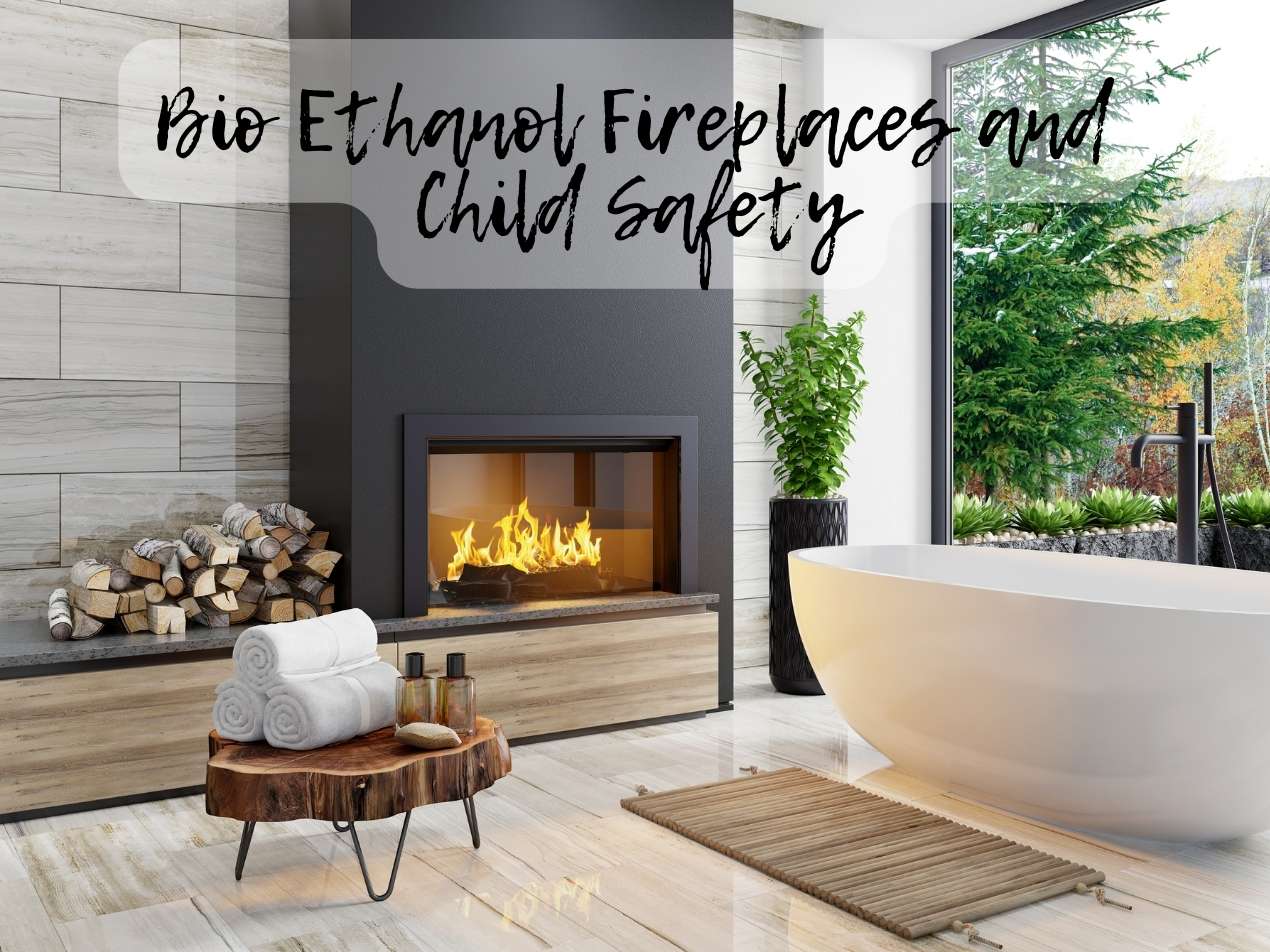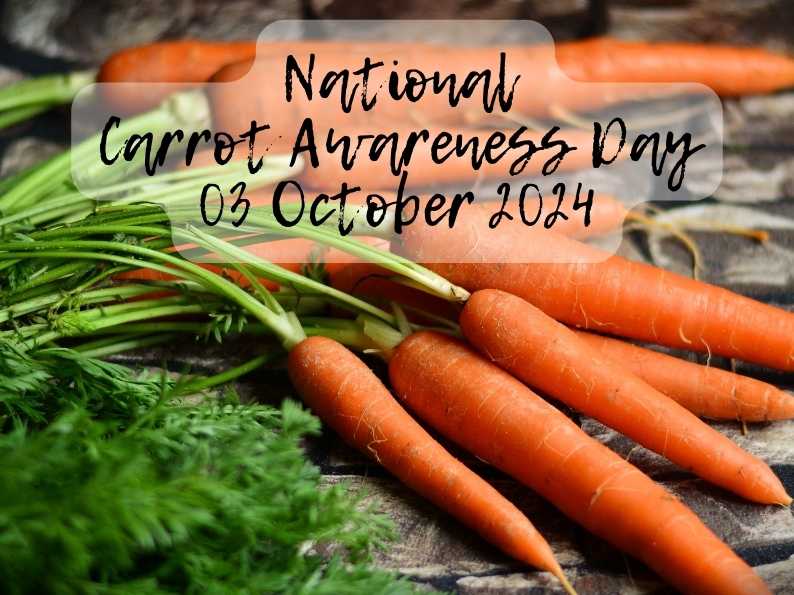
Dehumidifiers seem to be everywhere in the news, with few people really understanding what they are for and why they would use them. Until a couple of years ago, I only used one when my business premises back wall got wet during winter, or when I’d painted walls and wanted them dry quickly.
The increase in costs of energy have pushed people towards different uses for dehumidifiers, and there are many different reasons for buying and using, other than controlling the dampness in a property.
In this post, I’ve outlined the main differences between dehumidifiers, and the top 10 reasons to use a dehumidifier, and then added some links to dehumidifiers that I think are good buys. Browse any specs, check reviews and make your own decisions if you decide to buy a dehumidifier.
Is Your Home Damp?
The first step in any dehumidifier exploration, is to find out if you have a damp problem in your home. Everything else is just gravy as they say.
A cheap hygrometer from Amazon will keep you up to speed on the humidity levels in your home. I bought a set of three and have them dotted around the house. Ideal humidity levels are around 30-50%, however the fifties are considered acceptable.
Most Common UK Dehumidifiers
There are two main types of dehumidifier, Desiccant and Refrigerant.
Desiccant Dehumidifier
A desiccant dehumidifier works differently from a refrigerant, is usually more expensive than a refrigerant buy, and costs more to run in electrical energy. The desiccant releases more heat into the room that it is placed in, and removed water from the air by soaking it up in the same way that a sponge works, and drips from that into a condenser tank. These dehumidifiers can be used in very cold spaces of less than 15C.
The heating effect is not significant, however, over several hours, there will be some heat into the room, but is not needed where heating is already being used. People generally use a desiccant dehumidifier if they are not using heating in winter, for unheated garages, conservatories or garden rooms.
Refrigerant Dehumidifier
The refrigerant dehumidifier works similar to your household fridge and are the most popular in the UK, are generally cheaper and work best in an environment that isn’t too cold. Like your fridge, the dehumidifier cools and when warm air comes into contact with it, it changes to condensation which is then collected in the condenser tank. I have two refrigerant dehumidifiers.
When the warm air is cooled and condensed, more warm air is then drawn to the cooler air and the cycle is continuous until switched off or the programmed setting is achieved. Output waste air can be 1-2C higher than the air temperature, however, this might not be noticeable over a few hours. If my dehumidifier runs in a room overnight, the room feels warmer in the morning, which is likely due to less water in the air, so the air feels warmer and is easier to heat.
Capacity
The important thing to remember about dehumidifiers, is that the size of dehumidifier does not relate to the size of the water collection tank. Examples:
- A 12 litre dehumidifier has the capability to pull 12 litres of water from the air over a 24 hour period in optimal conditions stated in the specifications.
- A 20 litre dehumidifier has the capability to pull 20 litres of water from the air over a 24 hour period in optimal conditions stated in the specifications.
- Any dehumidifier may have any differing size of water tank. My dehumidifiers have 4.5 litre tanks and are able to draw 20 litres from the air over a 24 hour period if the conditions are optimal. In practice, I can take out about 3 litres over a day.
Main Dehumidifier Features
- Small, Medium or Large capacity. Up to 12 litres is a small capacity suitable for small homes with few issues with dampness. Up to litres is medium sized and will help with extra moisture or more people using bathrooms, cooking and washing/drying clothes at home. It is more helpful if there is an obvious medium damp problem. Large dehumidifiers are usually in the range of 18, 20 or 25 litre capacity and can help with laundry, dampness, larger households and water damage.
- Drainage can be an issue with larger tanks, but some options have the ability to connect a hose and empty the tank without removing it from the dehumidifier. My ones have a hose, but I have never used it, as it is easier for me to take out the tank and empty it. Some people recycle their water and use it to water plants.
- Hygrometer/humidistat readings. This measures the current level of moisture in the air and changes the settings of the humidifier to enable reaching the setting you have put down. My humidity can begin about 70%, which isn’t too wet, but I am happiest when my house is sitting in the 50’s. Very wet houses can have a very high percentage of water in the air or the walls, and reach 90% or more.
- Timers for best or most economic time of use for electric tariffs, but if yours doesn’t have one, buying a plug timer is simple enough.
- Laundry mode is often in the specifications, and on dehumidifiers that don’t specify this, it is usually simply the highest setting that the dehumidifier can be set to.
- Smart apps can help with the more modern eco dehumidifiers, and lets you control it from a distance. Very handy for checking the humidity and changing the settings.
10 Reasons to Use a Dehumidifier
My top ten suggestions.
1 – Dry Home After Leak / Flood / Water in the Walls / Mouldy Dampness
We all have spells where our homes come into contact with water at some time. For us, the usual is a broken tile on the roof, causing water to leak into the house. We have had two floods or non natural disaster. One where an upstairs bathroom bath drain failed ,and the whole bath emptied onto the roof and downstairs, flooding the whole area with water dripping through the lights and soaking the roof. We had to take off all the plasterboard and insulation and redo. Nightmare.
The other was when three three year olds went into my bathroom, took off their socks and stuffed the bidet with them, then were dancing around in six inches of water. I was downstairs with the two other mums, thinking our kids were in my kids bedroom, when the drips started coming through the roof and the water started running down the stairs. Five to ten minutes is all it took to destroy three rooms and drench the stairs. They were my first ever forays into the world of dehumidifiers, taking out most of the water damage from roof and floors quickly.
2 – Laundry Drying Option
I have never used mine mainly for this, but I know many people who do, especially with the energy crisis, or those who don’t have room or budget for a tumble dryer. I did use it a few times last winter when I had towels out drying and nowhere to dry them and trying to keep the heating at a reasonable cost with the price rises.
Our gas meter wigged out with a blank screen and we had no idea how much we were using. British Gas took months upon months to change the meter, and the estimates just went up and up and up. My tumble dryer broke, and there was no option but dry indoors. I hated the feeling of breathing damp air in, as it affected my lungs, so I went and got a new dehumidifier while I waited for my tumble dryer to be fixed.
I think it is important to cost things here. I can dry a load of washing in my vented dryer, about 10kg in an hour on my tumble dryer at 60C, which costs about 58p at todays money. To dry the same load overnight with the dehumidifier costs me about 5-6p per hour for 12 hours, and then it all needs ironed or popped in the dryer for 5 minutes to soften.
For me, if I do one load of washing a day, it is cheaper for me to use the dryer than to have a dehumidifier running all night or until the clothes are dry. I can’t cope with hours to dry one load in the way heat pump dryers do, so they are not an option for me.
3 – Make Home Heating More Efficient
I wasn’t prepared for how much quicker my home would heat up after using dehumidifiers. If I have removed a load of water from a room, it heats and retains heat in half the time, keeping my gas costs significantly. For 5-6p an hour for a few hours, that might be about 50 or 60p, but my boiler is 35kw gas, and at decent heat, can start off about £1.50 an hour. Without using the dehumidifier, the air struggled to heat, and my percentage of moisture was not over 70%.
Using the dehumidifiers one night a week in my largest rooms with doors open, means the heating settles into about 50 – 60p hour on gas, sometimes bit more, which is a massive saving, and the house stays warm for much longer. It means we don’t need the heating on so often or for so long. People have to make their own decisions on if they feel a purchase will help them with their own homes. For us, our house is a largish 4 bed, and I bought the biggest dehumidifiers in my budget. I don’t think small or medium would have made much difference.
4 – Help Keep Home Dry
I’ll admit it. We used very little gas last winter when we had no idea how many kwh we were using and the prices skyrocketed. I found a couple of clothing items and a suitcase in a cupboard which had a few mould spots. They went in the bin, but I can see how easily a home can go from perfectly good to wet and mouldy in a short space of time. Even though I didn’t class my home as very wet, we drew litres and litres of water from the air, which was a surprise. Once the rooms are cleared of excess water, it can be left on the automatic setting, but I tend to switch mine off.
5 – Help Control Allergies and Asthma
This is one I hadn’t really thought about. Allergy symptoms are an issue in our home due to asthma in the family, which cases wheezing, sneezing, sore chests, sore eyes and itchy skin. Things that can trigger allergies are dust, dust mites, mould, pollen and cat dander.
Drying the air helps reduce these triggers as keeping the humidity below 65% can stop dust miles from breeding or mould from increasing. I didn’t realise my dehumidifiers had an air purifier setting and filter when I bought it, so it has done a double job in summer here when the pollen count was high, at reducing allergy symptoms.
Remember not to let the air get too dry, as that can increase symptoms of pneumonia, dehydrate those in the house and make cold symptoms like sore throat and stuffy nose worse. Keep to the recommended levels of your manufacturing instructions.
6 – Protect Our Homes
When the air in our homes is too wet, it can begin to break down and destroy the bones of our homes, or in other words, compromise structural integrity. Support beams and floor boards might swell up, burst or twist, and mould can begin to grow in the walls, roofs and floors. Metal door handles may begin to rust and our homes can begin to smell musty.
7 – Portable and Moveable around the House
Having a portable dehumidifier helps to keep the whole home more dry and warmer as a result. Although dehumidifiers can sometimes be heavy, they usually have caster wheels and handles to help carry them. This means that instead of having a dehumidifier in each room, you can move one around the house. Many people use them in the most damp rooms first for a few days, then work around their homes, finally settling on a place in a hallway with doors open to maintain a comfortable level of humidity,
8 – Reduces Window Condensation
In homes where there is too much water in the air, condensation can form on windows where the temperature is cold outside and warmer inside. Much of this condensation is the air we breathe, shower mist etc, but although this can happen in any room, bedrooms are the areas where this is often most noticeable. By running a dehumidifier on a low setting, this can eliminate or reduce the condensation on windows as there will be less moisture in the air to turn to water droplets when the air touches windows.
9 – Auto Settings
With automatic settings, you can just let the humidistat do its job. When the dehumidifier is set to come off and on at a certain percentage of moisture in the air, it will turn off and on as and when it is needed, which will also make the dehumidifier energy efficient by not being on 100% of the time.
10 – Choice of Dehumidifiers
Although some dehumidifiers can be very expensive, including desiccant ones, there is a huge difference in the options available and the brands available. Try to stay away from brands that are not well known as there will be little or zero aftercare and advice if something goes wrong.
Popular dehumidifiers include ones from:
- Toolstation. My ones are the 20 Litre Wessex ones. Mine were £159 each. They have everything I needed, but I would perhaps have liked a smart function, but hey ho. Princess dehumidifiers among others are also there.
- Screwfix have Blyss and Evac dehumidifiers which seem to have good reviews.
- Meaco have the big brand name, recommended everywhere. The 20 litre ones were out of my price range to buy two of them at over £300 each, but they are said to be amazing. (Amazon Affiliate Link) Meaco 20 Litre
- Argos always have a good selection.




















I just googled this saying and this thread came up I'm neither Scottish or a mum, I'm a Geordie and…
As an 88 year old American, after reading the article(s) and all of the comments, I say "nothing is now…
Been stretching for this song nobody I know knows it I sing it every year my gran use to sing…